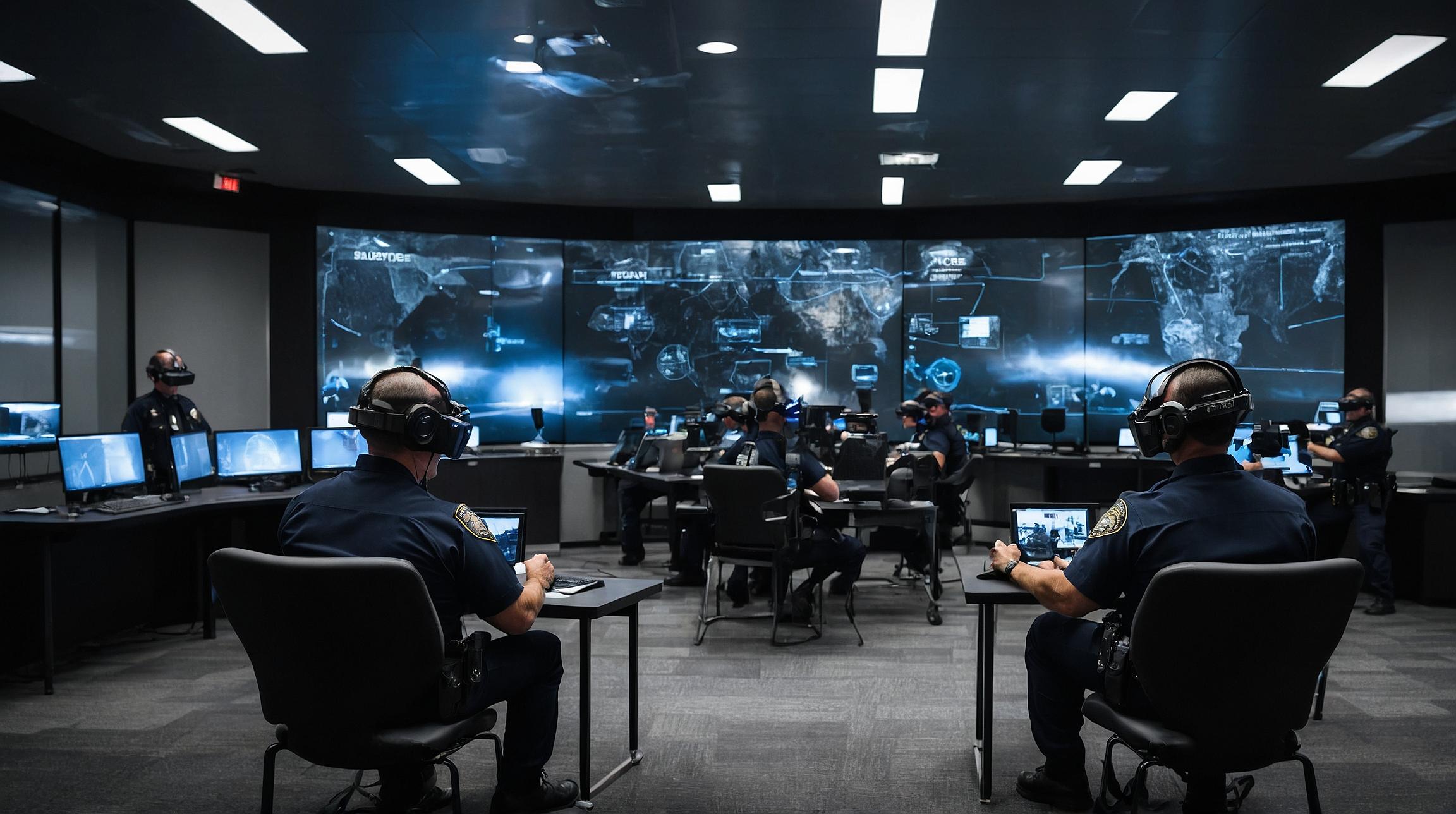CSPD Embraces Virtual Reality for Enhanced Training
The Colorado Springs Police Department (CSPD) has taken a significant step forward in law enforcement training by unveiling its new virtual reality (VR) training simulator. This innovative approach aims to provide officers with realistic, immersive training environments that can enhance their decision-making and situational awareness without the risks associated with live scenarios.
Funding and Implementation
The acquisition of this cutting-edge technology was made possible through a federal grant from the U.S. Department of Justice (DOJ), awarded in 2024. The grant enabled CSPD to purchase two VR systems, each costing approximately $69,000. This investment reflects a growing trend among law enforcement agencies to leverage technology for improved training outcomes.
How VR Training Works
VR training simulates real-world scenarios using computer-generated environments. By wearing a VR headset, officers are placed in a 360-degree virtual space where they can interact with various situations. For example, an officer might face a simulated active shooter event, requiring them to make quick decisions and respond appropriately.
Benefits of VR in Law Enforcement
- Realistic Scenarios: VR provides a safe yet realistic platform for training. Officers can experience high-pressure situations without the physical risks.
- Enhanced Skills Development: The immersive nature of VR helps improve critical skills such as communication, problem-solving, and tactical response.
- Cost-Effective: While the initial investment is significant, VR training reduces the need for extensive physical setups and can replicate numerous scenarios repeatedly.
A Step Toward Future Policing
The implementation of VR technology in police training underscores the department’s commitment to integrating emerging technologies into their operational procedures. This move aligns with broader technological trends in policing, focusing on innovation to maintain public safety.
Conclusion
As the landscape of law enforcement continues to evolve, the CSPD's adoption of virtual reality training is a promising development. By simulating complex, high-stakes situations in a controlled environment, officers are better prepared for real-world challenges, ultimately leading to safer communities.
With such technological advancements, CSPD sets a benchmark for other departments and highlights the importance of embracing innovative solutions in modern policing.













